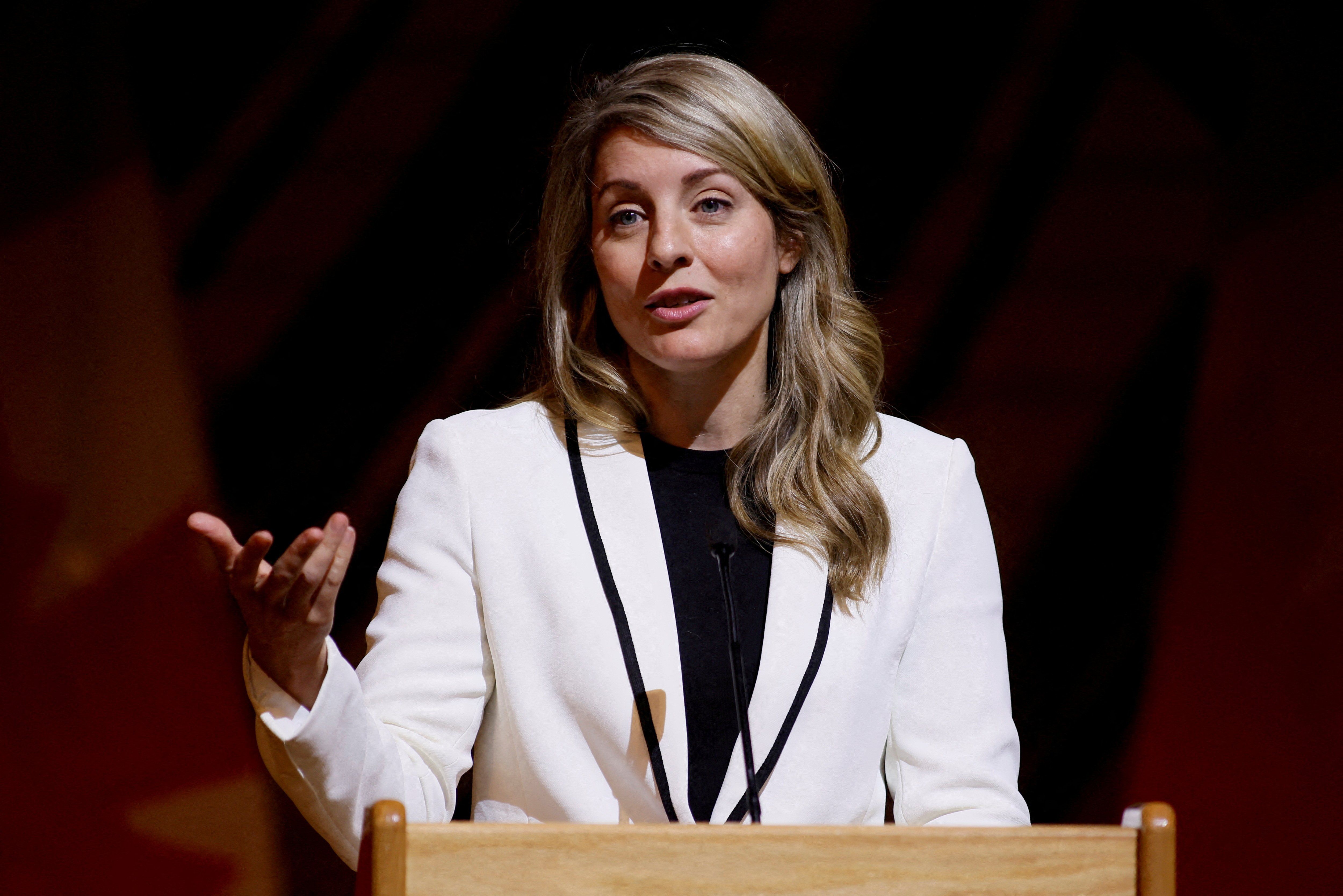Canadian Foreign Affairs Minister Mélanie Joly made a surprise visit to Beijing on Thursday as Canada and the United States are both considering new barriers to trade with China.
Canada-China relations have gone from bad to terrible since 2018, when Canada held Huawei executive Meng Wanzhou for extradition to the United States and the Chinese government responded by detaining Michael Kovrig and Michael Spavor. Wanzhou and the two Michaels were released in 2021, but a Canadian public inquiry into foreign interference continued to put a strain on relations. Then came the suspected Chinese spy balloon surveillance in US and Canadian airspace in 2023.
Still, Chinese Foreign Minister Wang Yi said China was open to improving relations earlier this year.
But this week, Deputy Prime Minister Chrystia Freeland said she would be talking to Canadian business and labor groups about erecting new trade barriers with China. Washington sent a similar message as Joe Biden told allies on Wednesday that he is considering taking fresh action to block Chinese chip manufacturing. Meanwhile, in Milwaukee this week, Donald Trump’s running mate, JD Vance, said China is the “biggest threat” facing the United States.
The Chinese likely want to talk to Joly about avoiding new trade barriers with Canada, since China’s economy is struggling and any new limits on exports could further slow growth. Joly will no doubt listen politely, but Canada is unlikely to jeopardize its crucial trade relationship with the United States by making any side deals with Beijing.
